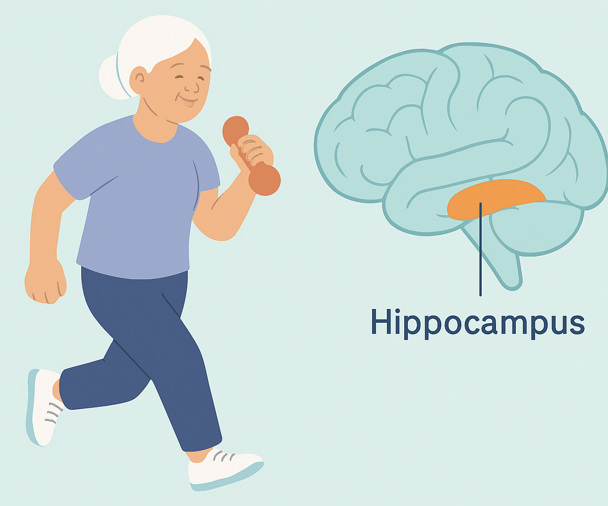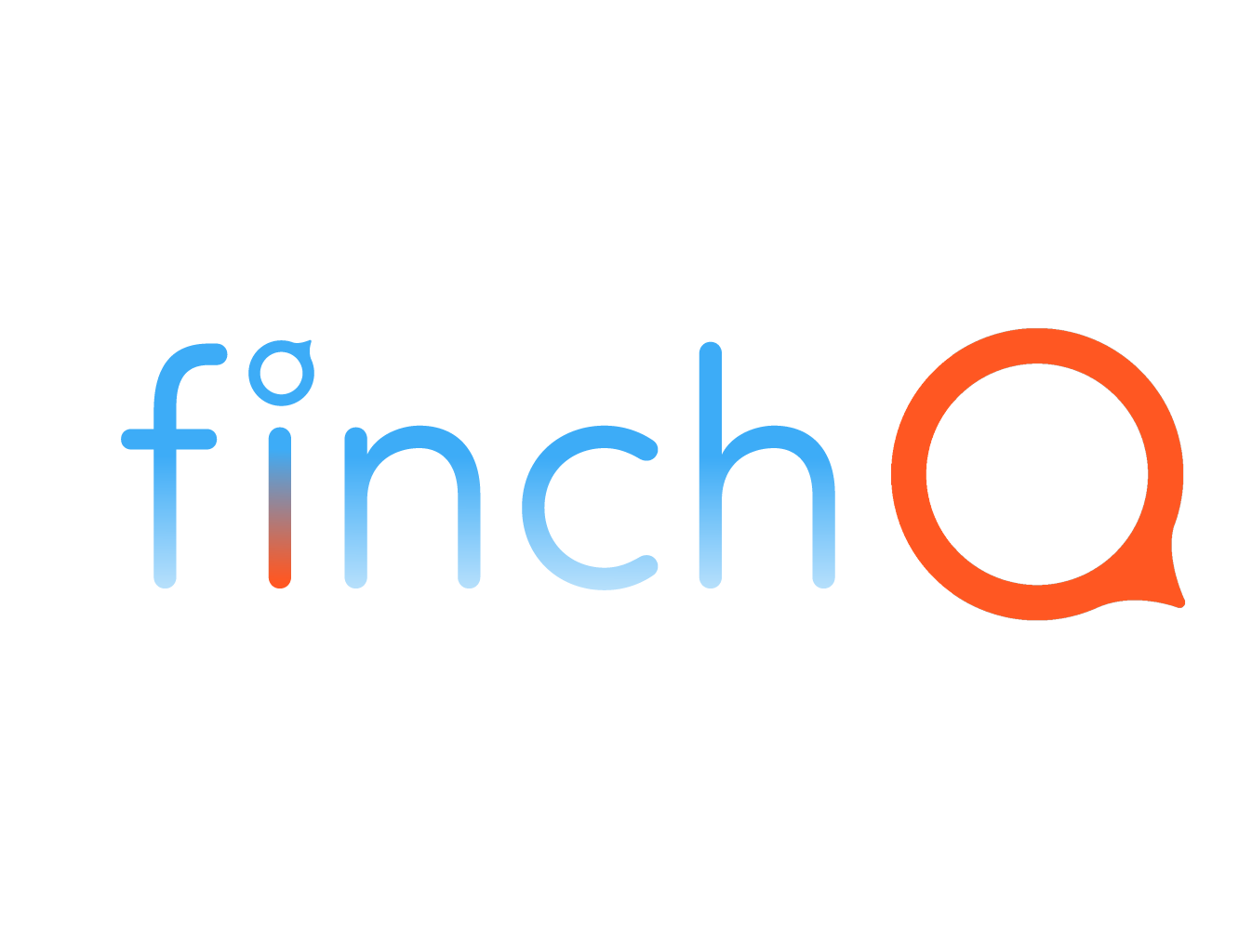BLOG
If you would like to routinely receive Blog postings in your mailbox, subscribe here.
You can also enjoy previous post below.
![How to Harm Your [BRAIN]: A Guide to Breaking Yourself Down One Step at a Time](https://images.squarespace-cdn.com/content/v1/5def12683ab4a76a02e67a6b/1743364874259-67WEJDBW360M6CA8T6MS/Screenshot+2025-03-30+at+3.59.57%E2%80%AFPM.png)
How to Harm Your [BRAIN]: A Guide to Breaking Yourself Down One Step at a Time
Our brains are remarkable organs, orchestrating everything from movement and memory to emotion and reasoning. Yet, many daily habits and environmental factors can subtly, or not so subtly, impair brain function. This guide explores preventable and unavoidable factors that can harm the brain, offering insights into mitigation and prevention.

Outsmart Aging—One Step at a Time
Embrace the power of daily movement to outsmart aging. Cutting-edge research shows that just 30 minutes of moderate aerobic exercise—whether it’s brisk walking, cycling, or even dancing—can boost memory, sharpen focus, and stimulate growth in the brain’s hippocampus, the region essential for learning and emotional regulation. This small yet mighty exercise can increase hippocampal volume by up to 2% in a year, potentially reversing age-related shrinkage and enhancing overall cognitive health.
By elevating levels of brain-derived neurotrophic factor (BDNF), exercise not only nurtures new brain cell growth but also helps maintain the independence and quality of life we all strive for. Whether you’re looking to ward off everyday forgetfulness or simply invest in a healthier future, making physical activity a regular part of your routine is a simple, proven way to keep your brain—and your life—vibrant and resilient.
![BONUS POST [#30for30challenge] - Stronger Arms, Better Balance: The Link You Didn’t Know You Needed](https://images.squarespace-cdn.com/content/v1/5def12683ab4a76a02e67a6b/1744072867790-6DNLJ1NE0DZII6I8I014/Screenshot+2025-04-07+at+8.41.02%E2%80%AFPM.png)
BONUS POST [#30for30challenge] - Stronger Arms, Better Balance: The Link You Didn’t Know You Needed
Think balance is all about your legs? Think again.
Your arms and shoulders might just be your body’s secret weapon when it comes to staying upright, catching a stumble, or pushing yourself away from danger. As we age, upper body strength isn’t just about lifting groceries — it’s about protecting your bones, regaining your balance, and maintaining your independence.
In this post, we reveal the hidden connection between arm strength and fall prevention — and explore simple, functional ways to build the kind of strength that actually keeps you on your feet. Because when your arms are strong, your whole body moves with more confidence.
![How to Harm Your [JOINTS]: A Guide to Breaking Yourself Down One Step at a Time](https://images.squarespace-cdn.com/content/v1/5def12683ab4a76a02e67a6b/1743364874259-67WEJDBW360M6CA8T6MS/Screenshot+2025-03-30+at+3.59.57%E2%80%AFPM.png)
How to Harm Your [JOINTS]: A Guide to Breaking Yourself Down One Step at a Time
Most people don’t realize they’re harming their joints until it’s too late. From skipping movement and eating inflammatory foods to ignoring posture and pain signals, joint damage happens quietly and accumulates over time. But your joints are the very foundation of your freedom—your ability to move, work, play, and stay independent. In this post, we expose the habits that slowly break you down, and show you how small changes can protect the framework that carries you through life.
![How to HarmYour [HEART]: A Guide to What Not to Do](https://images.squarespace-cdn.com/content/v1/5def12683ab4a76a02e67a6b/1743365012000-ZRKYM81NU0K34GJ9HRBG/Screenshot+2025-03-30+at+3.59.57%E2%80%AFPM.png)
How to HarmYour [HEART]: A Guide to What Not to Do
If you’re aiming to hurt your heart, the recipe is simple: fill your plate with refined carbs, cook with inflammatory seed oils, skip your workouts, light up a cigarette, and wash it all down with a few too many drinks. It’s a deadly cocktail of habits that, over time, silently breaks down the most vital muscle in your body.
But here’s the kicker—most people don’t even realize it’s happening until it’s too late. Elevated blood pressure, silent inflammation, and metabolic chaos caused by poor diet and inactivity often go unnoticed for years. That’s why understanding what harms your heart is just as important as knowing what heals it. The good news? You have the power to reverse course with small, intentional changes—starting today.

How a Sedentary Lifestyle May Fuel Dementia
In our modern sedentary world, extended hours of sitting may be doing more harm than we ever imagined. Recent studies suggest that prolonged inactivity can reduce the blood flow essential for brain health and trigger insulin resistance—a condition so impactful that Alzheimer’s disease is sometimes called 'type 3 diabetes.' When the brain struggles to use glucose efficiently due to impaired insulin signaling, it suffers an energy shortfall that can accelerate cognitive decline. This emerging research highlights a simple truth: breaking up long periods of sitting with regular movement and strength training isn’t just about keeping fit—it’s a vital strategy to protect our most valuable asset: our brain.

Hydration: The Unsung Hero
Water is the foundation of life, yet dehydration is one of the most overlooked health risks. Even mild dehydration can impact brain function, heart health, digestion, and muscle performance, while severe dehydration can be life-threatening. On the other end of the spectrum, overhydration and hyponatremia can also pose serious risks. This blog dives into the science of hydration, debunks common myths about energy drinks and sugary beverages, and explains why plain water remains the best choice. Plus, learn how Finch Q can help you monitor hydration-related health markers and stay ahead of potential issues.

Why Your Eyes Move When Your Head Turns: The Reflex You Never Knew You Had
Your Vestibulo-Ocular Reflex is a silent hero, working behind the scenes to keep you steady, balanced, and seeing clearly. When it’s strong, movement feels smooth. Every step, turn, or glance can feel disorienting when it's weak.
The good news? You can train and strengthen your V.O.R with a few simple exercises. If you’ve been feeling dizzy, off-balance, or struggling with blurred vision when moving, it might be time to give your V.O.R a little extra attention.

Stress: The Good, the Bad, and the Surprisingly Helpful
### Excerpt for the Stress Blogpost
Stress is a double-edged sword. While chronic stress can drain your energy and health, not all stress is bad. Eustress—positive stress—can boost motivation, enhance performance, and even improve resilience. This blog explores the science of stress, the concept of hormesis (what doesn’t kill you makes you stronger), and how to balance good and bad stress for a healthier, more productive life. Discover practical tips and insights to make stress your ally rather than your adversary.

The Secret Life of Bones: How Exercise and Pressure Keep Them Strong
This article explains that bone health depends on more than just nutrition; mechanical stress, via the piezoelectric effect, stimulates bone growth. Weight-bearing exercise and resistance training are crucial for strengthening bones by applying this stress. Adequate rest is also essential for bone repair. The article highlights key nutrients for bone health and emphasizes that inactivity leads to bone weakening, while consistent exercise and proper nutrition can reverse this. Finally, it describes how technology, such as Finch Q, can monitor activity levels and gait to support bone health maintenance.


When Balance Fails: The Quiet Link Between UTIs and Falls (and How to Prevent Them)
Excerpt:
Falls are a common concern for older adults, and the causes are often more complex than they seem. Among the less obvious culprits is a surprising health condition: urinary tract infections (UTIs). While most people think of UTIs as a bladder issue causing discomfort or frequent bathroom trips, they can also contribute to falls in unexpected ways.
Understanding how UTIs impact balance and recognizing early signs can make a big difference in preventing falls. Let’s break it down.

Riding Through the Storm: Coping with the Aftermath of Hurricanes Helene and Milton
Excerpt:
In the wake of Hurricanes Helene and Milton, communities face the overwhelming task of healing and rebuilding. The journey from preparation through recovery brings emotional and physical challenges, but there are ways to manage the stress and find strength together. From grounding exercises to community support, this post offers strategies to help cope with the devastation and rebuild with resilience. As we move forward, we’re reminded that brighter days lie ahead, and together, we’ll create a stronger tomorrow.

The Cost of Hypertension
Hypertension, or high blood pressure, is a prevalent condition with significant health and economic impacts. This article explores the costs associated with hypertension, the importance of early intervention, and effective management strategies. Learn about the direct medical expenses, long-term care costs, and the impact on quality of life and lifespan. Discover how proactive management and lifestyle changes can mitigate these costs and improve health outcomes.

The Cost of Diabetes
Diabetes is a chronic condition with profound impacts on health, quality of life, and economic burden. This article explores the costs associated with diabetes, the importance of early intervention versus delayed treatment, and effective prevention strategies. Learn about the direct and indirect costs of diabetes, the physical and emotional toll, and the impact on lifespan. Discover how proactive management can improve outcomes and reduce costs.

The Cost of Obesity: An In-Depth Analysis
Obesity is a major public health issue with significant healthcare costs, physical and emotional impacts, and reduced lifespan. This article explores the financial burden of obesity, the importance of early intervention, and effective prevention strategies. Learn about the direct and indirect costs of obesity, the physical complications, and the psychological toll. Discover how lifestyle changes and medical interventions can reduce obesity rates and improve health outcomes.

Costs of a Heart Attack
Heart attacks, or myocardial infarctions, have profound health, emotional, and financial impacts. This article explores the cost associated with heart attacks, and the benefits of early versus delayed intervention, and emphasizes the importance of prompt medical care and effective prevention strategies. Learn about direct medical expenses, long-term care costs, and the emotional and psychological impact. Understand how proactive management can save lives and reduce costs.

The Costs of a Stroke
A stroke is a medical emergency with devastating consequences. This article explores the critical signs of a stroke, the urgency of seeking medical help, and how to prevent strokes through lifestyle changes and medical interventions. Learn about the importance of early intervention and the potential long-term effects of a stroke, from physical disabilities to cognitive impairments. Understanding these elements is vital for early intervention and better health outcomes.

The Cost of Falls
Falls among seniors are a significant public health issue, leading to substantial healthcare costs, pain and suffering, and even a reduction in lifespan. This article explores the various aspects of the cost of senior falls, from direct medical expenses to the broader impact on quality of life and mortality. Understanding these costs underscores the importance of prevention and effective management strategies.

Heart Rate Variability and the Prevention of Sudden Cardiac Death
In the evolving landscape of health technology, heart rate variability (HRV) has emerged as a vital predictor of cardiac health. Recent studies have highlighted its critical role in assessing the risk of sudden cardiac death (SCD), underscoring the importance of proactive health monitoring. Finch Q, a cutting-edge health tool, empowers users by leveraging HRV data to provide real-time insights into their cardiac well-being. By offering comprehensive reports that enhance physician assessments, Finch Q facilitates informed decision-making and preventive care. This collaborative approach not only improves individual health outcomes but also advances our collective understanding of cardiac health. Discover how Finch Q is revolutionizing health monitoring, promoting a healthier future, one heartbeat at a time.
